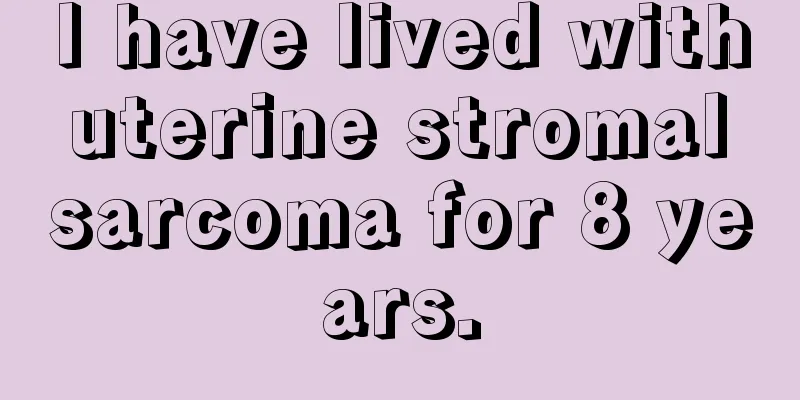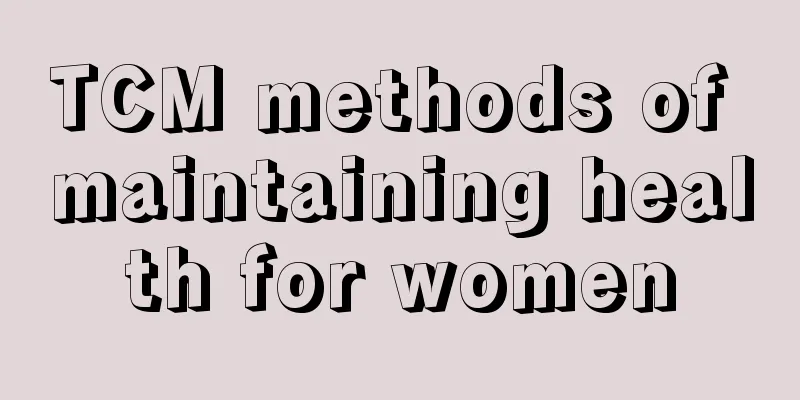What is endometriosis?

|
Endometriosis is a very common disease. Many women suffer from this disease in daily life. Once diagnosed with this disease, it is very harmful to women's health. In recent years, the number of patients with endometriosis has increased. It is very important to actively treat this disease, otherwise it will affect future fertility. Although this disease is common, many people do not know much about it. What is endometriosis? Endometriosis is a common gynecological disease caused by the implantation of active endometrial cells outside the uterine cavity, with main manifestations such as dysmenorrhea, abnormal menstruation, and infertility. The endometrium can be ectopic to the uterine myometrium, pelvic cavity, ovaries, and even the nasal cavity. Among them, ovarian ectopic is the most common and can induce chocolate cysts. The most important treatment for endometriosis is pregnancy, but the disease often leads to infertility. Therefore, patients are advised to seek medical attention in time and choose appropriate treatment methods under the guidance of a doctor. Symptoms of Endometriosis First, if you have endometriosis, you will experience symptoms of irregular menstruation. Because of endometriosis, people with this disease may experience shorter and shorter menstrual cycles, increased menstrual volume, or prolonged menstrual periods. This indicates that there is a certain disorder in the patient's ovarian function. Of course, not all patients with irregular menstruation suffer from endometriosis, so the specific situation can only be known after examination. Second, women with endometriosis may experience severe pain when having sex with men. Because of ectopic endometriosis or ovarian adhesion to the pelvic floor, women will feel very painful. Patients are likely to experience urinary system related symptoms, and in severe cases, hydrosalpinx may occur. Third, women with endometriosis often experience dysmenorrhea. Dysmenorrhea is the most common complication of endometriosis. Women usually experience dysmenorrhea after suffering from this disease. Many women do not feel any pain during their first menstruation, but they will experience dysmenorrhea from a certain period of time. This feeling may occur before, during or even after menstruation. However, not all women who experience dysmenorrhea during menstruation suffer from endometriosis. It mainly depends on your actual situation to make a judgment. If you really can't judge, it's best to go to the hospital for relevant examinations. Fourth, if endometriosis reaches the bladder, frequent urination, painful urination, and even hematuria will occur. If endometriosis reaches the intestines, the patient will experience symptoms of abdominal pain, diarrhea, or even constipation. And if endometriosis compresses the ureter, the woman will experience pain on one side of her waist. |
<<: Bleeding after cervical biopsy
>>: What causes vomiting during menstrual cramps?
Recommend
The benefits of having sex during breastfeeding
A woman's lactation period refers to the peri...
Be careful, eating too much of this kind of food will make you stupid! Check if you are eating it every day.
Generally speaking, people are more concerned abo...
Latest! Cancer data in first-tier cities released! These 5 types of cancer are the most common, and you can prevent them like this →
Recently, the Beijing Cancer Prevention and Treat...
Areola swelling during lactation
When a mother is breastfeeding, she must pay atte...
[Medical Q&A] What is the difference between prohibited, taboo, and cautious use in drug instructions?
Planner: Chinese Medical Association Reviewer: Zh...
Reasons for dark neck during pregnancy
Some women develop dark necks after becoming preg...
If your child suddenly develops a lump on his body that appears and disappears, it is likely a hernia!
Why does a small bump suddenly appear on your chi...
Is it good for women to take Buzhong Yiqi Pills?
Buzhong Yiqi Pills are mainly used to treat sympt...
[Fat Bear Science] A "cyst" was found on the liver during a physical examination. Is it cancer? How to treat it? Click here to find out
"Doctor, I have a 3 cm cyst on my liver. Is ...
The difference between pearlescent eyeshadow box and matte eyeshadow
When we put on makeup, we can do it according to ...
Can I sleep in the same bed when I am eight months pregnant?
It is normal for couples to have sex, but it is v...
How to treat cold stomach in women?
Many women are afraid of cold by nature. It is no...
What to do if your breasts sag and expand outward? Four solutions
Many women will experience sagging breasts. Even ...
Do you have panda eyes from staying up late? Just these few tips! Huaxi doctors teach you how to say goodbye to dark circles
The World Cup, held every four years, is in full ...
Why are women's underwear always wet?
Almost every woman has experienced wet underwear ...









